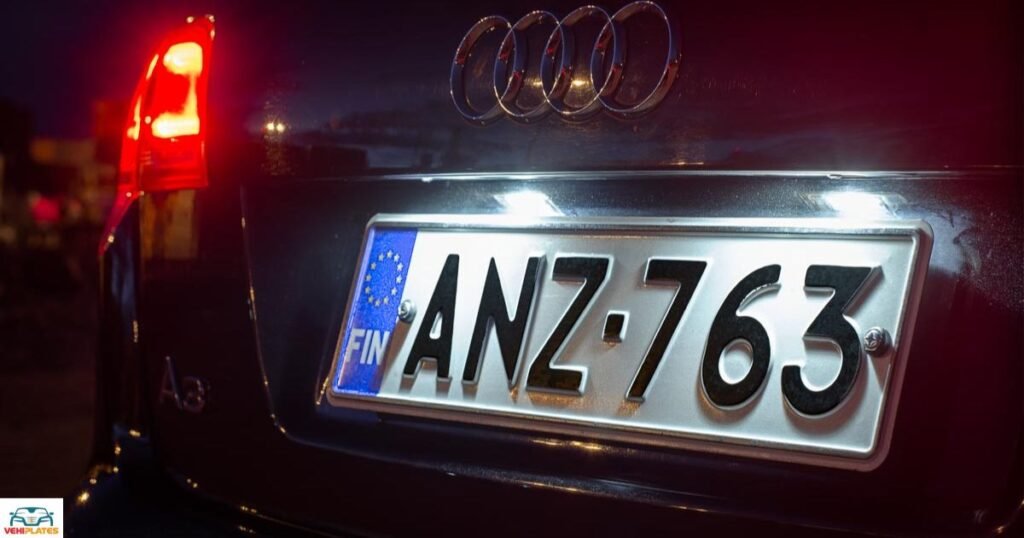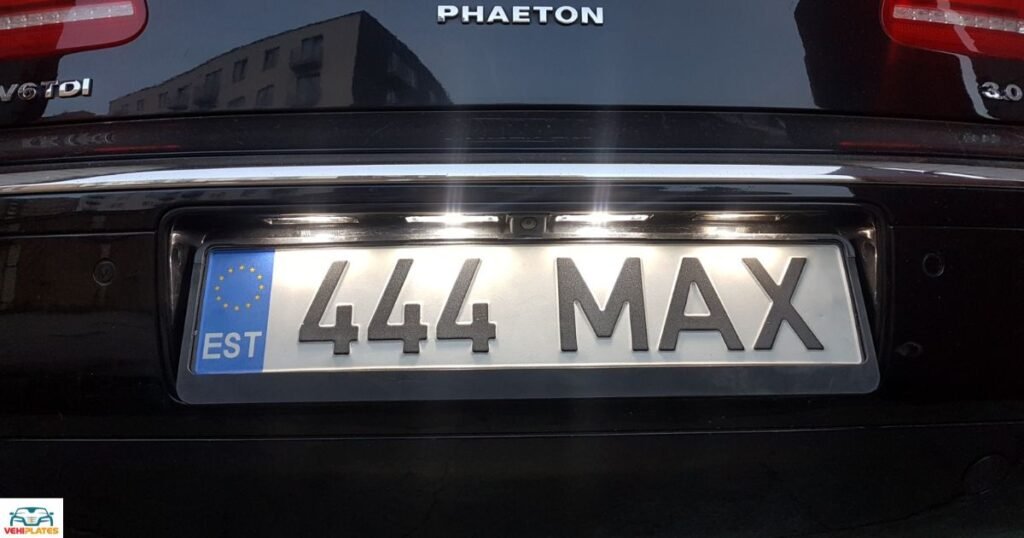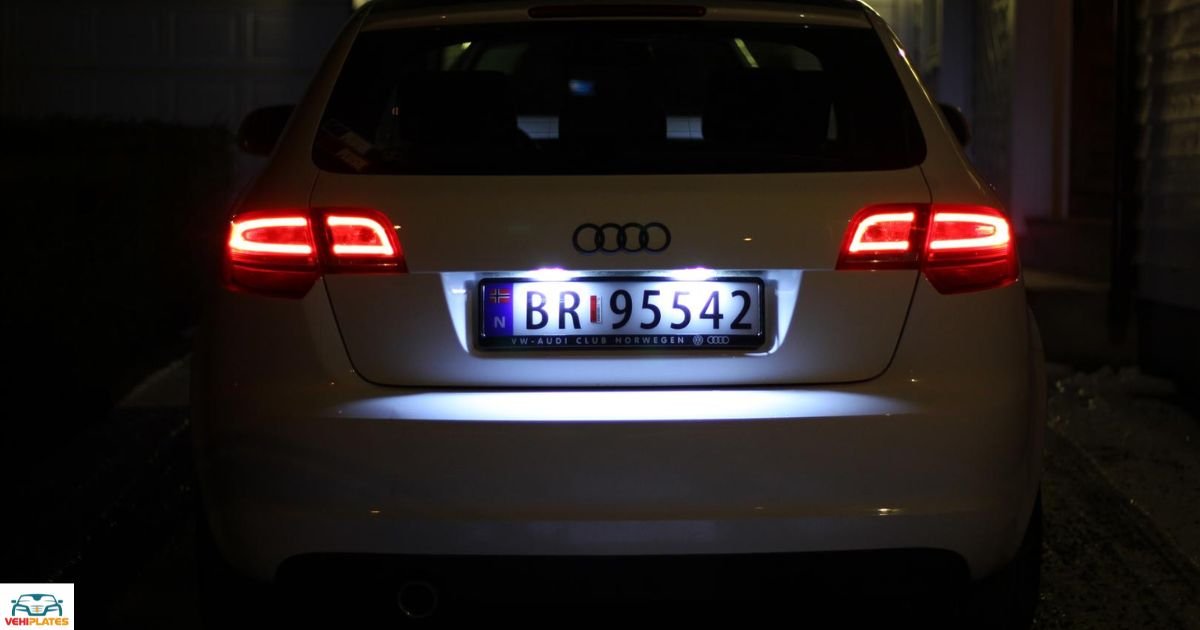In recent years, there has been a surge in the popularity of LED lights for vehicles due to their energy efficiency, durability, and aesthetic appeal. LED license plate lights are one such component that many vehicle owners consider upgrading.
Before making the switch, it’s essential to understand the legal implications. Are LED license plate lights legal? Let’s delve into this question and explore the regulations surrounding them.
Understanding LED License Plate Lights
LED (Light Emitting Diode) license plate lights are a modern alternative to traditional incandescent or halogen bulbs. They offer several advantages, including:
Energy Efficiency: LED lights consume less power than traditional bulbs, resulting in lower fuel consumption and reduced emissions.
Durability: LED lights have a longer lifespan and are more resistant to vibrations, making them ideal for use in vehicles.
Brightness: LED lights produce a bright, white light that enhances visibility, especially in low-light conditions.
Regulations and Legal Requirements

Before installing LED license plate lights, it’s crucial to check the regulations in your jurisdiction. Here are some key factors to consider:
Color Regulations
Regulation Overview: Most jurisdictions have specific regulations regarding the color of license plate lights. These regulations aim to ensure uniformity and visibility for law enforcement purposes.
Legal Colors: In many regions, white is the only permissible color for license plate illumination. Other colors, such as blue or red, may be restricted or prohibited altogether.
Brightness and Visibility
Regulation Overview: LED license plate lights must meet certain brightness and visibility standards to ensure they effectively illuminate the license plate.
Legal Requirements: Regulations may specify minimum brightness levels or light output requirements for license plate illumination. LEDs that are too dim or excessively bright may not comply with these standards.
Installation Requirements
Regulation Overview: Proper installation of LED license plate lights is essential to ensure they function correctly and comply with regulations.
Legal Considerations: Regulations may dictate the positioning, alignment, and orientation of license plate lights. Improper installation could result in non-compliance and potential legal consequences.
Compatibility with Vehicle Regulations
Regulation Overview: LED license plate lights must be compatible with other vehicle regulations and standards, including considerations such as where to put front License Plate.
Legal Compliance: Vehicle manufacturers are required to adhere to specific lighting standards outlined by regulatory authorities. LED license plate lights must meet these standards to ensure compliance.
Testing and Certification
Regulation Overview: LED license plate lights may need to undergo testing and certification to ensure they meet legal requirements.
Legal Compliance: Look for LED lights that are certified by recognized testing agencies and comply with relevant standards and regulations.
Legal Implications of Non-Compliance

| Implications | Description |
| Fines and Penalties | Violating regulations may lead to monetary fines imposed by authorities. |
| Vehicle Inspections | Non-compliance can cause a vehicle to fail safety inspections. |
| Liability Issues | Non-compliant lighting may result in liability concerns in accidents. |
| Legal Proceedings | Legal action may be taken against the vehicle owner for non-compliance. |
| Insurance Consequences | Non-compliance could affect insurance coverage and premiums. |
Failure to comply with LED license plate light regulations can result in various legal consequences, including fines, failed inspections, liability concerns, legal proceedings, and insurance implications. It’s essential to ensure compliance to avoid these issues.
FAQ’s
What are the legal implications of using non-compliant LED license plate lights?
Non-compliant LED lights can result in fines, failed vehicle inspections, and potential liability issues in accidents.
How can I ensure compliance with regulations when installing LED license plate lights?
Ensure that the LED lights meet brightness, color, and installation requirements specified by relevant regulations.
Can I install LED license plate lights without checking local regulations?
It’s not recommended; always research and understand the legal requirements in your jurisdiction before installation.
Conclusion
The legality of LED license plate lights depends on compliance with relevant regulations and standards in your jurisdiction. Before installing LED lights, it’s essential to research and understand the legal requirements to ensure compliance and avoid potential legal consequences.
By choosing certified LED lights that meet brightness, color, and installation requirements, vehicle owners can enhance both the aesthetics and functionality of their license plate illumination while staying on the right side of the law.










